There is no person who is born good and another who is evil. It is the ocean that controls people’s destinies and life paths, and every person is a project open to good and evil. This applies to the hero of the most famous novel by the Russian writer Fyodor Dostoyevsky, Crime and Punishment. The novel discusses the problematic relationship between good and evil, or the relationship between circumstances and man. The novel addresses the social reality in Russia in the sixties of the last century, and is based on the murder of the talented university student Raskolnikov of the old nanny and her sister, and the psychological and moral motives for the crime. In the novel, Dostoyevsky depicts the lives of simple people such as the hero Raskolnikov, his mother and sister, and the family of Marmeladov, one of Raskolnikov’s acquaintances, and his daughter Sonya, a life that seems dark, crippled by poverty, despair, and the fall of man into vice after all paths have been blocked before him until there is no longer “another way to go”, which are the words that the writer said at the beginning of the novel on the tongue of Marmeladov in his conversation with Raskolnikov. This reality makes Marmeladov prey to alcohol and pushes his daughter Sonya to become a prostitute to feed her younger siblings, and makes his wife vulnerable to madness. This reality also pushes the young man The university student Raskolnikov resorts to crime and exposes his sister to abuse in the homes she serves.
The novel, Part One
It can be said that the novel reflects the writer’s view of crime as a means of protest against social injustice. It also reflects the motives for crimes and their psychological roots and the extent of individuals’ readiness to commit crimes when circumstances permit, especially in a society in which people’s dignity is wasted and in which blood is shed, which used to be shed like champagne, and in which exiles, prisons, judicial investigators and hard labor abound. The writer says, through his hero… Crime? What crime? …. I kill a vile, harmful person, a vulgar, usurious woman…. And you call that a crime? ….
save
د.ا2.13Memories of the House of the Dead
د.ا4.97د.ا7.10
A novel that tells the story of a prisoner’s experience in Siberia, reviewing the lives of detainees and their psychological and physical suffering in a harsh place, and reflects a deep vision of freedom and humanity.
| Author | |
|---|---|
| Year |
Customer Reviews
There are no reviews yet.
You may also like…
-
Letters to Milena
د.ا4.97Letters to Milena is a book that collects some of Franz Kafka’s letters to the Czech journalist Milena Jesenská from 1920 to 1923.
د.ا7.10 -
The Brothers Karamazov Four Parts
د.ا21.30A novel that deals with deep family and philosophical conflicts, focusing on issues of faith, morality and human freedom.
د.ا24.85 -
The Metamorphosis
د.ا3.55The novel depicts the bizarre transformation of a man into a giant insect, highlighting the isolation and suffering of humanity.
د.ا4.97

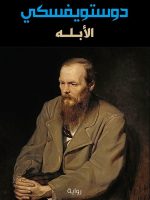

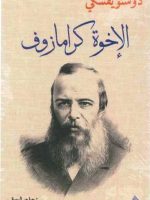
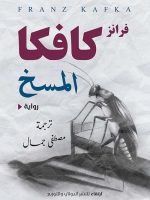
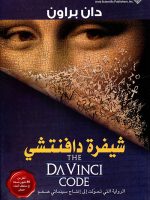

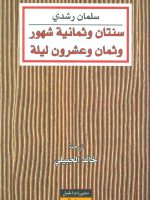
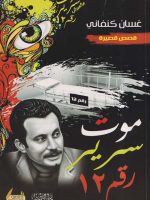
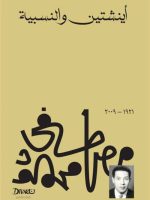
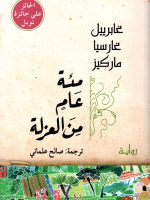
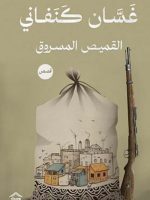

Be the first to review “Memories of the House of the Dead”